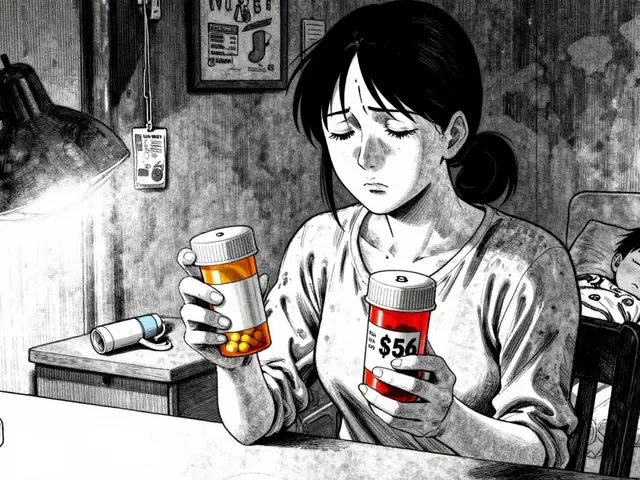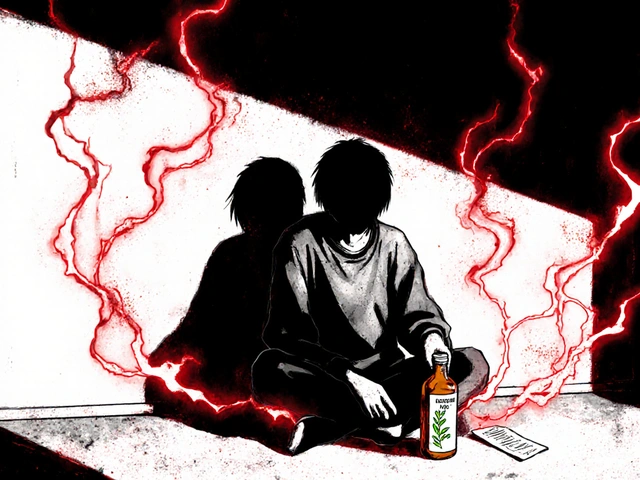When to See a Doctor – Simple Guide to Knowing When It’s Time
Feeling off? Most of us wait until something feels really bad before calling the doctor. But waiting too long can turn a minor issue into a bigger problem. This guide breaks down everyday signals that say it’s time to get professional help, so you can act fast and stay healthy.
Common Red Flags You Shouldn't Ignore
Unexplained fever over 101°F (38.3°C) – A fever lasting more than three days or spiking quickly often means an infection needs attention.
Sharp, persistent pain – Whether it’s a headache that won’t quit, chest tightness, abdominal cramps, or joint pain, steady pain for over 24 hours deserves a check‑up.
Sudden changes in vision or speech – Blurred sight, double vision, slurred words, or difficulty finding the right words could signal a stroke or neurological issue.
Shortness of breath – If you can’t catch your breath while doing normal activities, it’s time to see a doctor right away.
Unexplained weight loss or gain – Losing or gaining more than 5% of body weight without trying may point to hormonal or metabolic problems.
How to Make the Most of Your Doctor Visit
Before you go, write down any symptoms, when they started, and what makes them better or worse. Bring a list of current medications, including over‑the‑counter drugs and supplements. This helps the doctor spot interactions and understand your health picture faster.
If you’re seeing a new doctor, share your medical history in brief: past surgeries, chronic conditions, allergies, and family illnesses that matter. Being honest about lifestyle habits—like smoking, alcohol, or exercise—gives the clinician clues for diagnosis and treatment.
During the appointment, ask clear questions: "What could be causing this?" "Do I need tests?" "What are my treatment options?" Write down the answers so you don’t forget anything later.
Don’t wait until symptoms get severe. For kids, seniors, or anyone with a chronic condition, call sooner rather than later. Early intervention often means simpler treatments and quicker recovery.
Remember, doctors are there to help you stay well, not just fix emergencies. Trust your gut—if something feels off, make that phone call. Your health is worth the extra effort.
Coughs and Respiratory Infections: What to Watch Out For
This article breaks down the basics of coughs and how to spot the difference between a harmless tickle and something that needs more attention. Learn how common respiratory infections show up, what makes some coughs last longer, and when it's time to check in with a doctor. Get tips on managing everyday symptoms, staying comfortable at home, and spotting warning signs early. Stay informed and know how to protect yourself and your loved ones during cough season. Perfect for anyone who wants practical advice without medical jargon.
About
Medications
Latest Posts


Mirtazapine and Weight Gain: What You Need to Know About This Common Side Effect
By Orion Kingsworth Dec 18, 2025

Kamagra Effervescent vs Other ED Medications: A Detailed Comparison
By Orion Kingsworth Oct 3, 2025

Acromegaly Self‑Care: Essential Tips for Better Management
By Orion Kingsworth Oct 23, 2025

